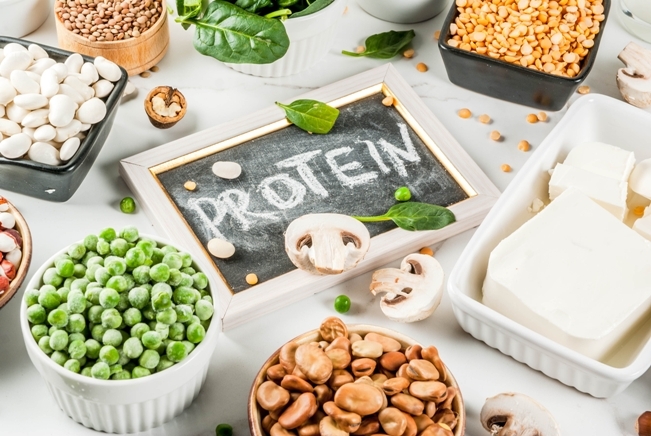
Eating a plant-based diet could have a plethora of benefits for brain health, particularly when it comes to warding off the dangers of dementia for women.
According to a clinical study published in the Journal of the American Heart Association postmenopausal ladies who ate undeniable degrees of plant-based protein had lower risks of sudden death, cardiovascular infection, and dementia-related demise compared with ladies who ate fewer plant proteins.
Previous research has shown an association between diets high in red meat and cardiovascular disease risk, yet the data is sparse and inconclusive about specific types of proteins, the study authors say.
In this study, researchers analysed data from more than 100,000 postmenopausal women (ages 50 to 79) who participated in the National Women’s Health Initiative study in the US between 1993 and 1998—they were followed through February 2017.
At the time they enrolled in the study, participants completed questionnaires about their diet detailing how often they ate eggs, dairy, poultry, red meat, fish/shellfish, and plant proteins such as tofu, nuts, beans, and peas. During the study period, a total of 25,976 deaths occurred (6,993 deaths from cardiovascular disease; 7,516 deaths from cancer; and 2,734 deaths from dementia).

Researchers noted the levels and types of protein women reported consuming, divided them into groups to compare who ate the least and who ate the most of each protein. The median percent intake of total energy from the animal protein in this population was 7.5% in the lowest quintile and 16.0% in the highest quintile. The median percent intake of total energy from plant protein in this population was 3.5% in the lowest quintile and 6.8% in the highest quintile.
Also read: It’s time to turn to the humble dal to meet your daily protein requirements
*Compared to postmenopausal women who had the least amount of plant protein intake, those with the highest amount of plant protein intake had a 9% lower risk of death from all causes, a 12% lower risk of death from cardiovascular disease, and a 21% lower risk of dementia-related death.
*Higher consumption of processed red meat was associated with a 20% higher risk of dying from dementia.
*Higher consumption of unprocessed meat, eggs, and dairy products was associated with a 12%, 24% and 11% higher risk of dying from cardiovascular disease, respectively.
Select Topics of your interest and let us customize your feed.
PERSONALISE NOW